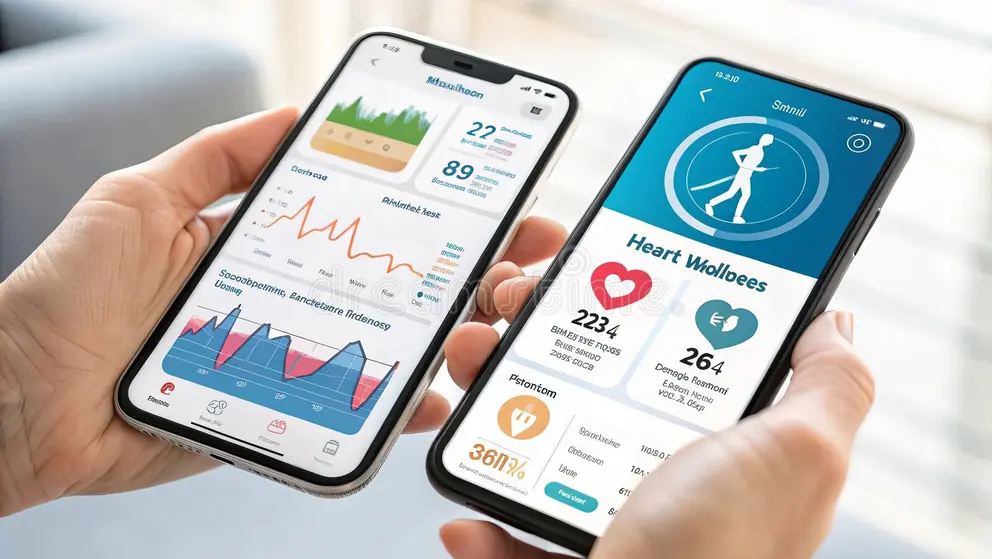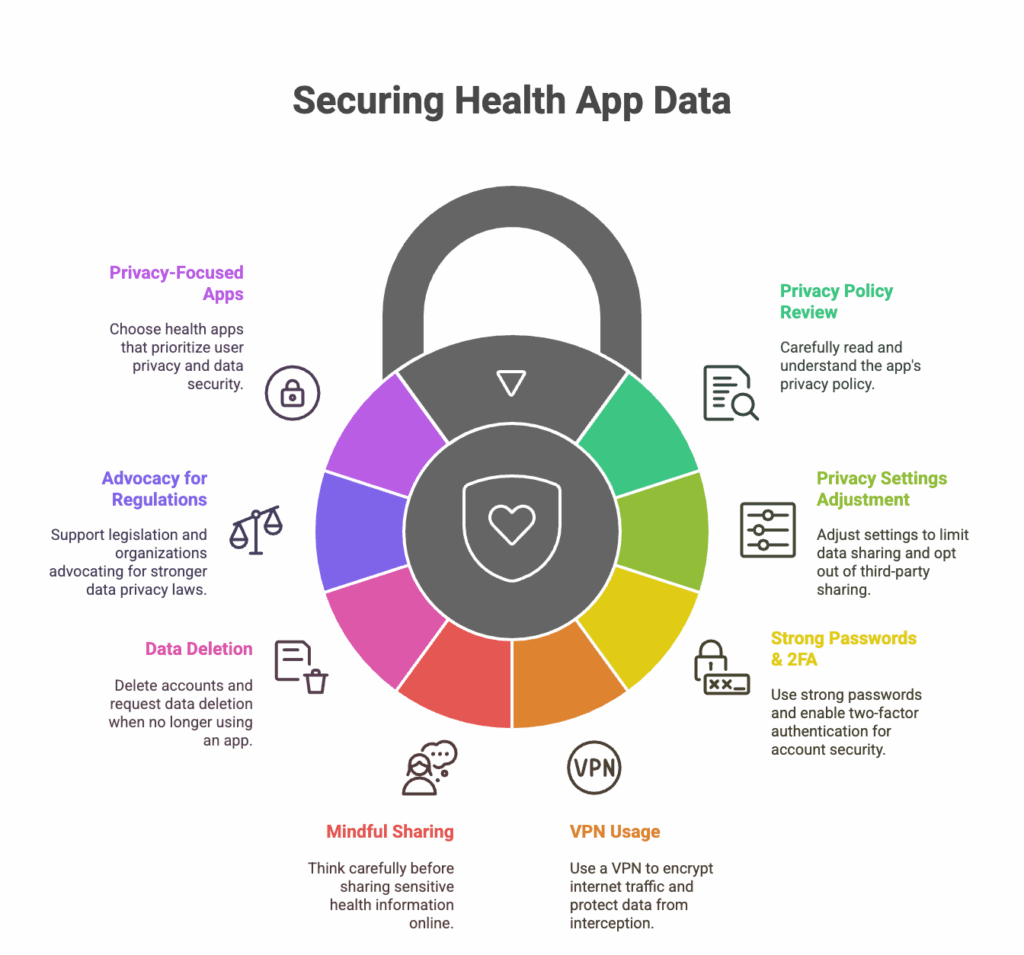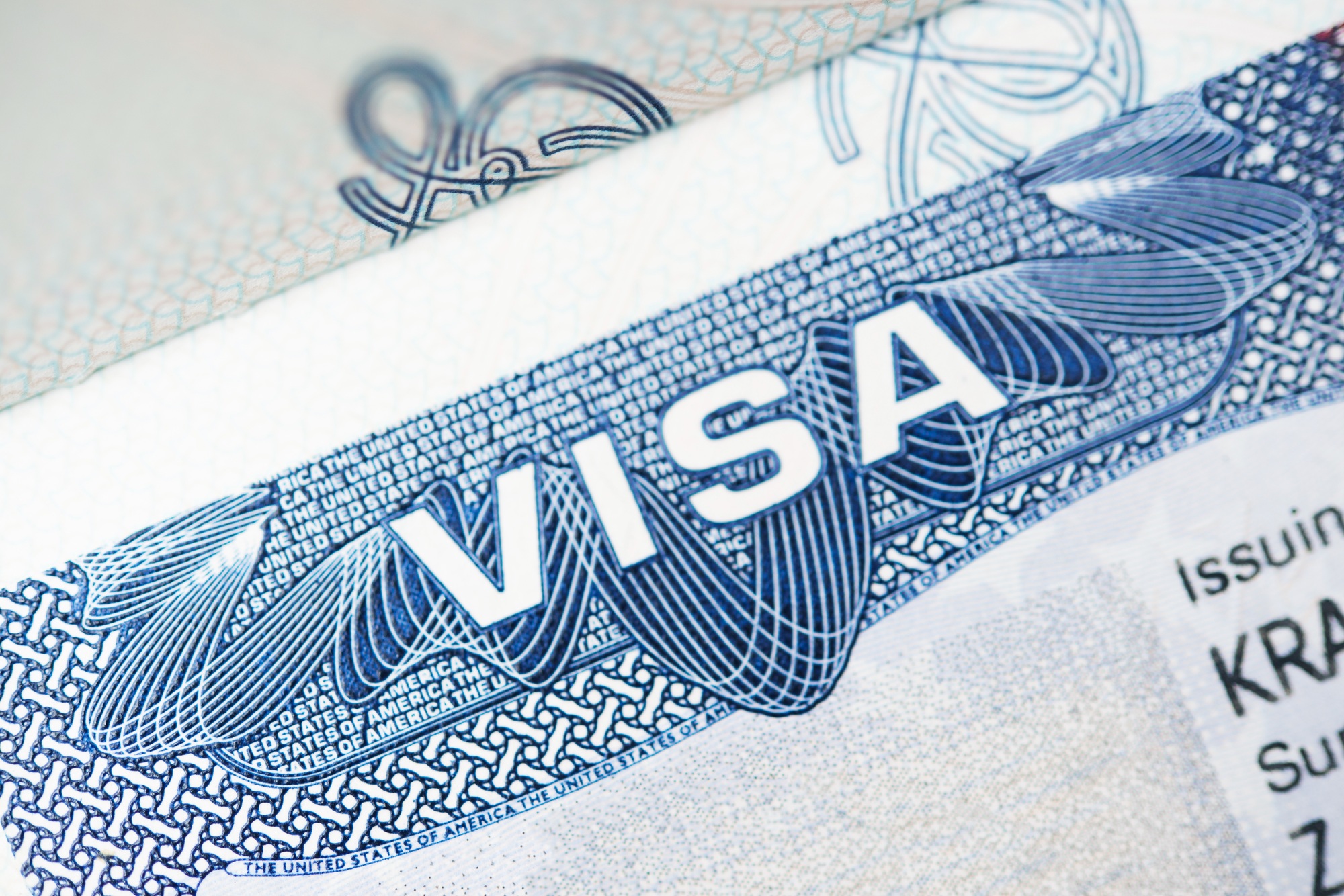Now Reading: Health App Data in Court: The Terrifying Truth About Insurance, Evidence, and Your Privacy
-
01
Health App Data in Court: The Terrifying Truth About Insurance, Evidence, and Your Privacy

Health App Data in Court: The Terrifying Truth About Insurance, Evidence, and Your Privacy
Think your fitness tracker is just helping you hit your step goal? Think again. The data from your health apps is increasingly being used by insurance companies and even finding its way into courtrooms. What you thought was personal is becoming public record, and the implications for your privacy and future well-being are significant.
Your Health App Data: A Privacy Time Bomb?
From sleep patterns to heart rate, calorie intake to menstrual cycles, health apps collect a wealth of intimate information. This data, often stored in the cloud, paints a detailed picture of your lifestyle and health risks. While many welcome the insights for personal improvement, the potential for misuse by entities like insurance companies and legal entities is a growing concern. The sheer volume and granularity of this data make it a powerful – and potentially dangerous – tool.
A recent study by the Pew Research Center found that over 69% of U.S. adults track at least one health indicator, whether it’s weight, diet, or exercise routine. This widespread adoption means a massive amount of personal health information is being generated daily.
How Insurance Companies Are Eyeing Your Health App Data
The insurance industry sees a goldmine in your health app data. They believe it can help them better assess risk, personalize premiums, and even incentivize healthier behavior. But what happens when “incentive” turns into coercion, and personalized premiums become discriminatory?
- Risk Assessment and Premium Hikes: There’s a genuine fear that insurance companies could use your data to predict future health problems and raise premiums accordingly. Imagine your insurer noticing a pattern of poor sleep or high stress levels and increasing your rates based on the perceived risk of future health issues.
- Denial of Coverage: Even more concerning is the possibility of insurers denying coverage based on health app data. For example, if your activity tracker shows a sedentary lifestyle, an insurer might deny life insurance or increase premiums, citing a higher risk of heart disease.
- Specific Examples: While widespread implementation is still evolving, companies like UnitedHealthcare and Aetna are actively exploring ways to use wearable data for wellness programs and personalized health insights. Oscar Health utilizes activity data to provide personalized recommendations and incentives.
The debate centers around fairness and transparency. While insurers argue that activity trackers promote health, critics point out the potential for bias and discrimination.
Data Security for Health Apps: A False Sense of Security?
Many users assume their health app data is securely protected. Unfortunately, that’s often not the case. Data security for health apps is a patchwork, with varying levels of protection depending on the app and the company behind it.
- Weak Security Measures: Many apps lack robust encryption, leaving data vulnerable to hacking and breaches. A study by cybersecurity firm Cynerio found critical vulnerabilities in numerous medical devices and health apps, exposing sensitive patient information.
- Third-Party Sharing: Your data is often shared with third-party advertisers, data brokers, and other companies you’re not even aware of. These companies can use your data for targeted advertising, market research, or even sell it to other organizations.
- Lack of Regulation: Unlike HIPAA (which mainly applies to healthcare providers), there’s limited regulation specifically governing the privacy practices of health apps. This means your data is often less protected than you think.
- Example: In 2023, the FTC fined BetterHelp for sharing sensitive health data with Facebook and other third parties for advertising purposes, despite promising to keep such data private. This demonstrates the potential for misuse even when companies make privacy promises.
Health App Data in Court: When Your Steps Become Evidence
Beyond insurance, your health app data can also end up in the courtroom. This raises serious questions about privacy, accuracy, and the potential for misuse of personal information.
- Personal Injury Cases: In personal injury cases, lawyers could use activity data to argue about the extent of your injuries. For example, if you claim to be severely injured but your fitness tracker shows you’re still active, it could undermine your case.
- Divorce Proceedings: Your sleep patterns, stress levels, and even dating app usage (tracked by some apps) could be used against you in divorce proceedings. This data could be used to argue about your mental state, infidelity, or ability to care for children.
- Criminal Investigations: Law enforcement could potentially use health app data to track your movements, establish timelines, and even link you to a crime scene.
- Accuracy Concerns: Fitness trackers aren’t always accurate. Relying on step counts or heart rate data alone can be misleading, especially when used in high-stakes legal situations. A study published in the Journal of the American Medical Association found significant discrepancies between different fitness trackers in measuring energy expenditure.
Using Health App Data in Court: Landmark Cases and Legal Battles
While widespread, widely publicized cases are still emerging, the use of wearable and health app data in court is quietly increasing. The full legal implications are still being worked out.
- Early Precedents: While no case has yet reached the Supreme Court specifically on the issue of health app data, legal experts point to cases involving GPS data from smartphones as setting a precedent for how location and activity data can be used as evidence.
- Challenges to Admissibility: One of the main challenges is establishing the reliability and accuracy of the data. Lawyers often argue that fitness trackers are consumer devices, not medical-grade tools, and their data is therefore unreliable.
- Privacy Concerns: Another key issue is privacy. Individuals have a right to privacy, and using their health app data in court raises concerns about violating that right.
- Hypothetical example: Imagine a case where a defendant claims an alibi based on being at home during the time of a crime, but their fitness tracker shows they were actively moving in the vicinity of the crime scene. This data, even if not perfectly accurate, could influence the jury.
Protecting Your Privacy: Securing Your Health App Data from Legal Scrutiny
While the situation might seem bleak, you can take steps to protect your privacy and control your health app data.
- Read the Fine Print: Before using a health app, carefully review its privacy policy and terms of service. Understand what data is collected, how it’s used, and who it’s shared with.
- Adjust Privacy Settings: Most apps allow you to adjust your privacy settings. Limit the data you share and opt out of data sharing with third parties.
- Use Strong Passwords and Enable Two-Factor Authentication: Protect your accounts with strong, unique passwords and enable two-factor authentication for added security.
- Consider a VPN: Using a Virtual Private Network (VPN) can encrypt your internet traffic and protect your data from being intercepted by hackers or third parties.
- Be Mindful of What You Share: Think carefully before sharing sensitive health information online or through apps.
- Delete Your Data: If you’re no longer using an app, delete your account and request that your data be deleted from the company’s servers.
- Advocate for Stronger Regulations: Support legislation and organizations that advocate for stronger data privacy laws and regulations.
- Use Privacy-Focused Apps: Look for health apps that prioritize user privacy and data security. Some apps offer end-to-end encryption and other privacy-enhancing features.
The Future of Health App Data, Insurance, and Courtroom Evidence
The convergence of health app data, insurance, and courtroom evidence is only going to intensify. As technology evolves and more people adopt wearable devices, the amount of personal health data available will continue to grow.
- More Sophisticated Algorithms: Insurance companies will likely develop more sophisticated algorithms to analyze health app data and predict future health risks.
- Increased Legal Scrutiny: Courts will grapple with the admissibility and reliability of health app data, setting precedents for how it can be used in legal proceedings.
- Evolving Regulations: Governments will face pressure to create clearer regulations governing the collection, use, and sharing of health app data.
- User Awareness: Ultimately, it’s up to individuals to become more aware of the risks and take proactive steps to protect their privacy. The future depends on informed users demanding greater transparency and control over their health data.
While incentives for sharing activity data may seem appealing, the potential risks to privacy and fairness demand careful consideration. We must demand greater transparency and control over our personal health information to prevent its misuse by insurance companies and in legal contexts. Only then can we ensure that our fitness trackers remain tools for personal wellness, not sources of discrimination and potential injustice.











